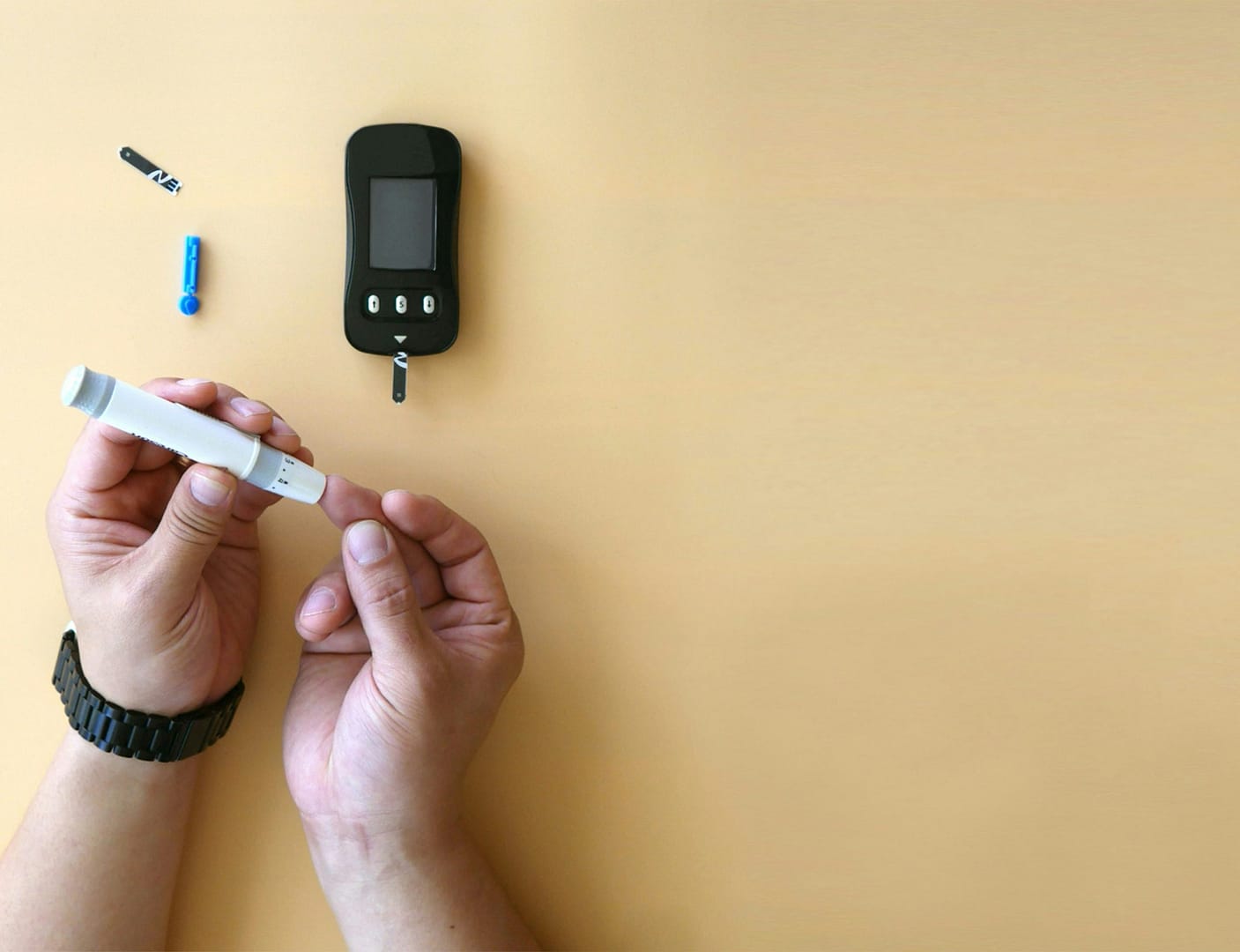Contaminated blood in the UK has historically been a concern, primarily due to the transmission of bloodborne viruses. This comprehensive article delves into the disease risks associated with contaminated blood, prevention strategies, testing procedures, and available treatments. We will also highlight how you can start a medical negligence claim.
Understanding Bloodborne Viruses
Bloodborne viruses are pathogens that can be transmitted through contact with infected blood. The most common bloodborne viruses in the UK include:
- Hepatitis B (HBV): This virus can cause acute or chronic liver infection, leading to symptoms such as fatigue, jaundice, and abdominal pain. In severe cases, HBV can progress to liver cirrhosis or liver cancer.
- Hepatitis C (HCV): HCV primarily affects the liver and can also cause acute or chronic infection. Many individuals with HCV are asymptomatic, but the virus can lead to liver damage, cirrhosis, and liver cancer over time.
- Human Immunodeficiency Virus (HIV): HIV attacks the immune system, weakening the body’s ability to fight off infections and diseases. If left untreated, HIV can progress to Acquired Immunodeficiency Syndrome (AIDS).
Risk Factors and Transmission
Certain activities and behaviours can increase the risk of exposure to contaminated blood. These include:
- Sharing needles or syringes: Injecting drug users who share needles are at high risk of contracting bloodborne viruses.
- Unprotected sexual contact: Sexual intercourse without using a condom can transmit bloodborne viruses, particularly if there are open sores or cuts.
- Mother-to-child transmission: Pregnant women infected with HBV, HCV, or HIV can transmit the virus to their babies during pregnancy, childbirth, or breastfeeding.
- Healthcare settings: Although rare, there is a small risk of transmission through accidental needlestick injuries or contaminated medical equipment.
Preventing the Spread of Bloodborne Viruses
Preventing the transmission of bloodborne viruses is crucial for public health. Here are some effective prevention strategies:
- Vaccination: Vaccines are available for HBV and can significantly reduce the risk of infection.
- Safe sex practices: Consistent condom use can minimize the risk of transmission during sexual activity.
- Harm reduction programs: Needle exchange programs and safe injection sites can help reduce the spread of bloodborne viruses among injecting drug users.
- Blood screening: Donated blood in the UK is rigorously screened for bloodborne viruses to ensure its safety.
- Healthcare worker safety: Healthcare professionals should adhere to strict safety protocols to prevent needlestick injuries and exposure to contaminated blood.
Testing and Diagnosis
Early detection of bloodborne viruses is essential for prompt treatment and prevention of further transmission. Testing for HBV, HCV, and HIV involves blood tests that can identify the presence of viral antibodies or genetic material.
Treatment Options
The availability of effective treatments for bloodborne viruses has significantly improved the prognosis for individuals living with these infections.
- HBV: Antiviral medications can suppress HBV replication and reduce the risk of liver damage. In some cases, a liver transplant may be necessary.
- HCV: Newer direct-acting antiviral medications (DAAs) can cure most cases of HCV.
- HIV: Antiretroviral therapy (ART) can suppress HIV replication to undetectable levels, allowing individuals to live long, healthy lives.
Support and Resources
Several organizations in the UK provide support and resources for individuals affected by bloodborne viruses. These include:
- NHS: The National Health Service offers testing, treatment, and support services for bloodborne viruses.
- Terrence Higgins Trust: This charity provides information, advice, and support for people living with HIV.
- The Hepatitis C Trust: This organization offers information and support for people affected by hepatitis C.
Making a Medical Negligence Claim with National Claims
At National Claims, we understand the profound impact medical negligence can have on your life and well-being. If you’ve suffered due to substandard medical care in the UK, our team is here to support you in seeking justice and compensation. We specialise in helping individuals navigate the complexities of medical negligence claims.
Free Consultation
Let’s start with a free consultation to discuss the specifics of your situation. We’ll listen compassionately to your experience, assess the details of your medical treatment, and review any relevant medical records. This initial assessment allows us to provide preliminary advice on the strength of your claim and connect you with specialist medical negligence solicitor who can guide you through the process.
No Win, No Fee*
National Claims believes that everyone deserves access to justice when they’ve been harmed by medical negligence. We operate on a “No Win, No Fee” basis, meaning there are no upfront legal fees for you to worry about. Our fees are contingent upon the success of your claim, allowing you to pursue your case with peace of mind.
*Customers pay up to 25% (incl. VAT) of the amount recovered towards solicitor costs and if you cancel outside your cooling off period, you may be charged a fee.
Contact us today to speak to one of our claims agents who will be able to help you get started on your claim.
Click below to see why we are one of the most trusted claims management companies in the UK.

We’re proud of our excellent customer reviews
We thrive on delivering exceptional service and ensuring our clients’ satisfaction. Don’t just take our word for it. Check out some of our independent reviews to see what our clients have to say.
Excellent

This firm is excellent, they sorted out my car pay out and injury claim very fast, they always communicate with you all the time.

My accident case was dealt with confidence and with great result of the outcome, especially James kept me informed all the time.

I was very impressed at the way my inquiry was treated. I was listened to attentively and everything I needed to know was explained to me.






